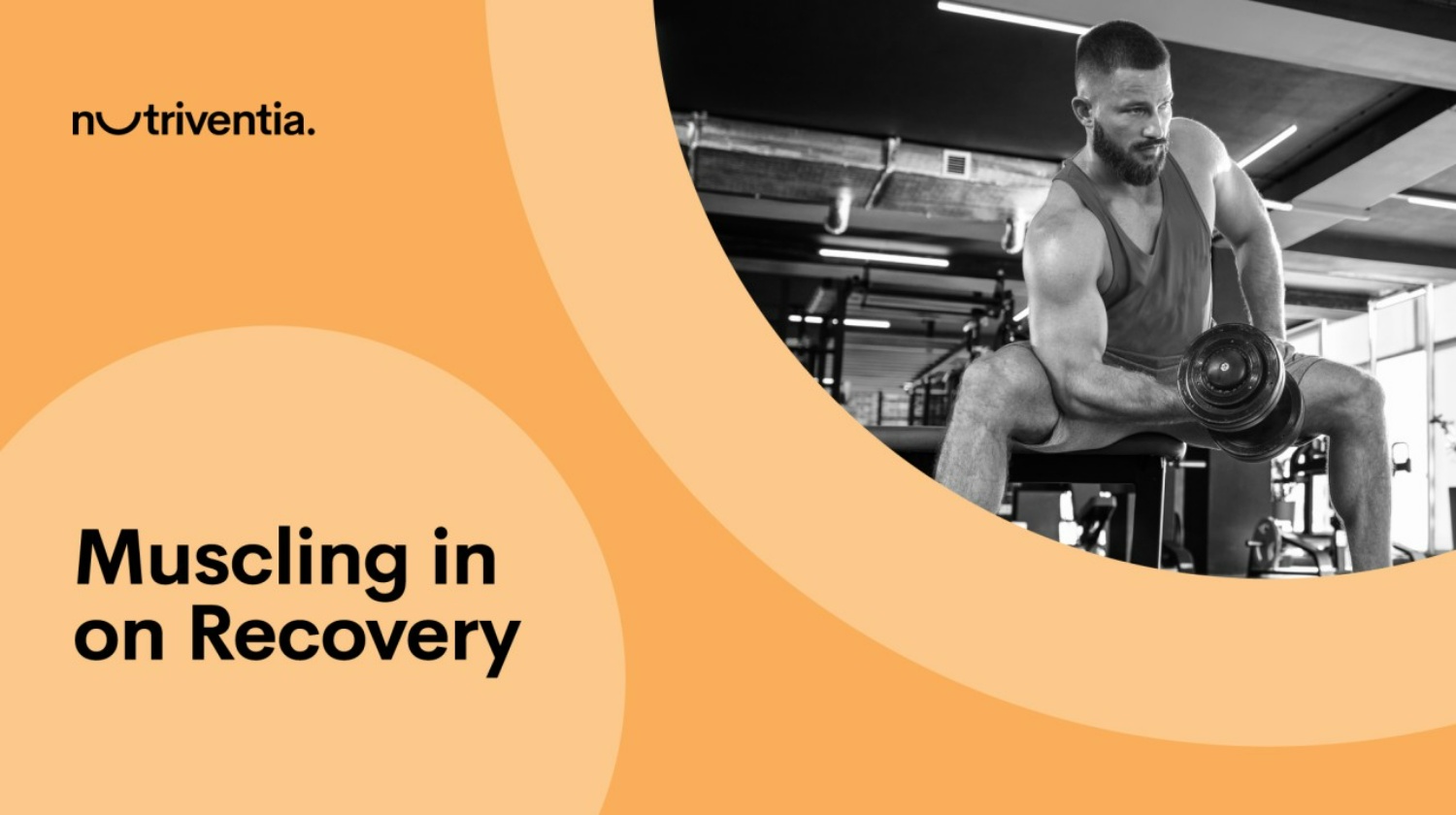Sometimes, the sandman refuses to visit, leaving the would-be sleeper wide awake as the clock ticks on. Sleep deprivation, however, can have an adverse effect on the cardiovascular system, so, it could be said that the sandman can be a heartbreaker.
Defining Insomnia
First, let’s discuss the types of unhealthy sleep. There is delayed sleep onset or sleep latency. Normal slumber occurs within 10 to 20 minutes after tucking in and turning off the light. If it takes tossing and turning for half an hour to several hours before finally falling asleep, this is sleep latency. Then there’s intermittent awakening, or broken, where sleep is disturbed and the person wakes up several times during the night.
Insomnia is a blanket term that describes sleep latency (“onset insomnia”), and interrupted or broken sleep throughout the night (“maintenance insomnia”). Additionally, waking up too early and not being able to fall back asleep is also considered a form of insomnia.
Insomnia is very widespread. According to CFAH, up to 70 million Americans suffer from some type of sleep disorder; 30% have short-term insomnia and 10% have chronic insomnia.
Humans function best when they sleep for 7 to 9 hours, according to the US CDC.
Sleep’s Impact on the Heart
Normally, during sleep, blood pressure drops by between 10 and 20%, a process known as nocturnal dipping. However, when blood pressure does not lower during sleep, it can signal an increased risk of heart attack and stroke.
Lack of sufficient sleep has also been found to contribute to coronary heart disease (atherosclerosis or hardening of the arteries due to plaque buildup), according to the US NIH. One of the triggers of arterial plaque buildup is inflammation – and disrupted sleep contributes to plaque aggregation.
Of even greater concern is the strong relationship observed between sleep issues and heart failure in a study involving more than 400,000 people. Additionally, there is an association between sleep problems and heart attacks. One study found that individuals sleeping fewer than 6 hours per night had a 20% higher chance of suffering a heart attack. The Sleep Foundation experts explain, “Because both heart rate and blood pressure can abruptly spike upon awakening, fragmented sleep can cause cardiac stress and may induce a heart attack.”
Sleep Solution: Precision-Released Melatonin
According to Statista, 11% of Americans use melatonin and other natural sleep aids. Melatonin is the most recognized natural, non-prescription sleep aid in the US. According to a 2022 study, melatonin sales expanded five-fold between 1999 – 2018.
Since healthy sleep is defined as 7 to 9 hours uninterrupted rest, it is logical to want your melatonin supplement to not only help you fall asleep quickly but also allow you to stay asleep for the entire healthy duration. Immediate-release melatonin may resolve a short-term issue of sleep latency, but it tends to wear off after about four hours. This is fine if the person can stay asleep on his/her own.
Sustained-release melatonin products can elevate plasma levels of melatonin for longer than four hours.
Melotime™ is designed with a unique release profile that may help promote a full night’s restful sleep. In a pharmacokinetic study, Melotime™ was shown to release melatonin in a prolonged manner over eight hours or throughout the night, potentially supporting a full, restful sleep cycle.
The release of melatonin from Melotime™ is gradual, with the first 50% of the dose being released in the first hour, followed by a steady release of the remaining dose every hour thereafter. This continuous release profile helps ensure that melatonin is available throughout the night, which may contribute to a restful sleep and reduce morning sluggishness.
Conclusion
Healthy sleep plays a critical role in maintianing a healthy heart. Consistently getting 7 to 9 hours of sound sleep is essential for heart protection, and Melotime™ is designed to support upto 8 solid hours of restful slumber. With Melotime™, you can be rest assured that the sandman won’t ignore you – and your heart will thank you for it.

